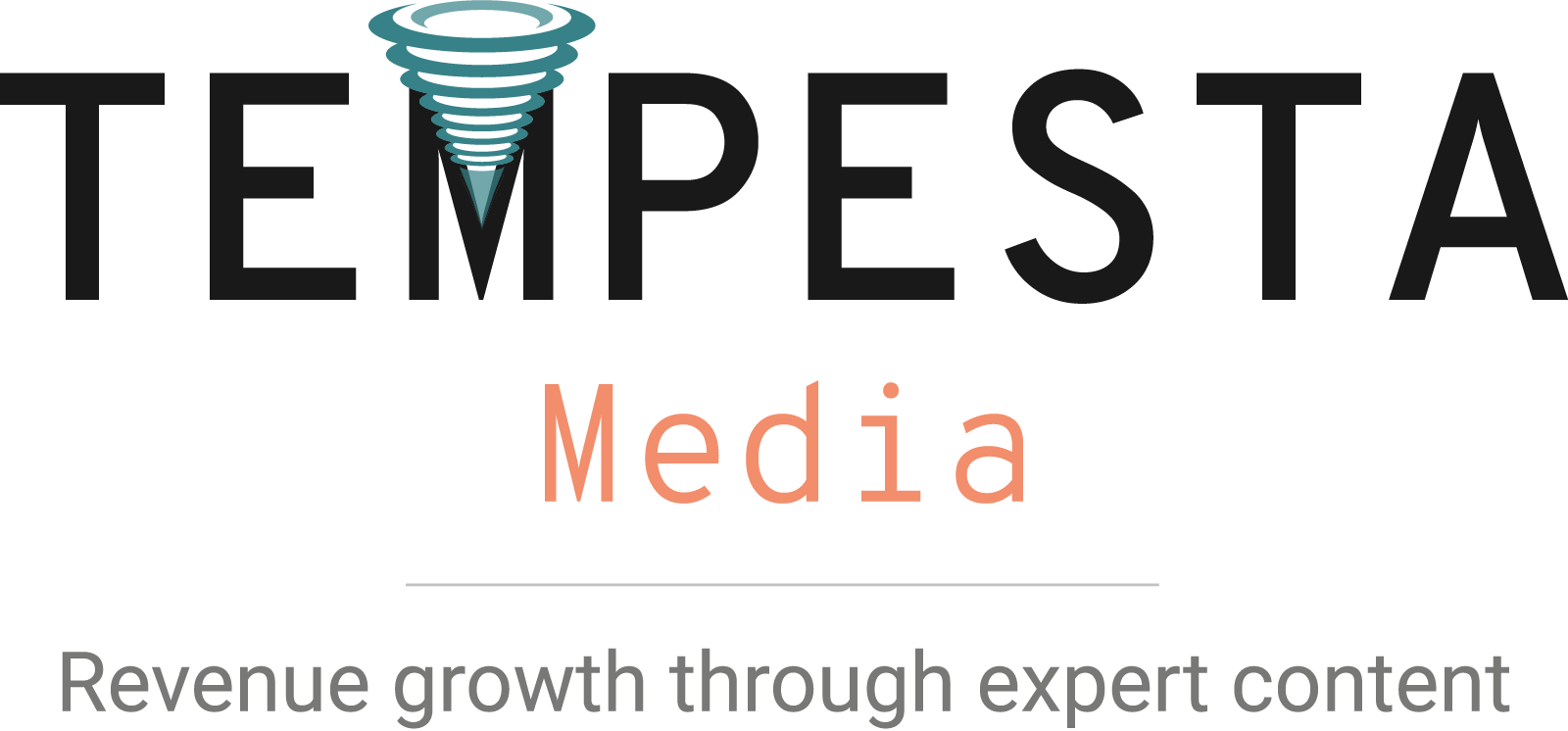There are essentially two categories you have to succeed in: the content itself and SEO and readability trends.
A content marketing program isn’t just publishing blog posts or linking to your latest YouTube video. You need a strategy.
Content requirements are pretty straightforward. Create relevant, interesting and engaging content to attract your audience and keep them coming back for more. On the other hand, SEO and readability require routine research on current trends. This is basically understanding what the latest content optimization requirements are to gain favorable search engine results page (SERP) positions.
What are SEO and readability?
Keywords are important, but they shouldn’t be the only focus when producing content that ranks well in SEO. The content you produce must have value and be something your audience wants to read:
- Content should be written with customers and audiences in mind.
- Use keywords strategically because keyword “jamming” is outdated and negatively affects readability.***
- Try to write from a unique perspective and offer something new.
To gain favorable SERP positions, your content should have clear intent, be focused and written in an organic fashion.
*** What is it? Keyword jamming or keyword stuffing is when content marketers “stuff” their keyword phrases in their content. It gets repetitive, and search engines end up catching on to this SEO hack and actually penalize you for it.

Why the trends in SEO and readability have changed
Every few years, Google releases a major algorithm update that usually has a significant impact on SEO strategies. These changes often reflect on what the search engine giant perceives to be valuable content for readers. In addition to tracking Google’s updates (for more specific changes), you should alter your SEO strategies based on your observations of what the general public desires:
- Consumers want to save time. They don’t want to spend 10 minutes reading an article to find the tidbit of information they are seeking.
- Readers want to easily absorb information presented in a factual and straightforward manner.
- Audiences will be more inclined to click on accurately descriptive titles. Choose them well.
Even more important than adapting to the general public, however, is to adapt to what your customers want. In some cases, this might contradict your previous efforts. For example, even though the general public may want to save time, your specific customers may be looking for detailed information (think white papers, eGuides, etc.), which may take longer than 10 minutes to read.
If you write specifically with your audience in mind, you’ll create content that will stand the test of time.
Current trends to follow
SEO trends are constantly evolving. One current trend that is in the forefront is “E-A-T,” which stands for “expertise, authority and trustworthiness.” Google and other search engines are highly focused on the trust value of authors and seek to weed out content that isn’t authoritative or trustworthy. When thinking about SEO and readability trends, aim to cultivate good authority and demonstrate expertise:
- Understand your audience and how they seek information.
- Produce content with the user experience in mind.
- Provide solutions, answers and quality in an authoritative way.
- Produce quality content consistently.
- Develop mobile-friendly content.
In 2020, as marketers continue to stray away from mass impersonal sales tactics, user experiences will be critical when it comes to developing good SEO and readability. Keep this in mind when developing your content marketing strategy.
Your content is an important piece of an overall marketing strategy. To learn more about how Tempesta can support your content marketing strategy and produce quality content at scale, contact us today.










